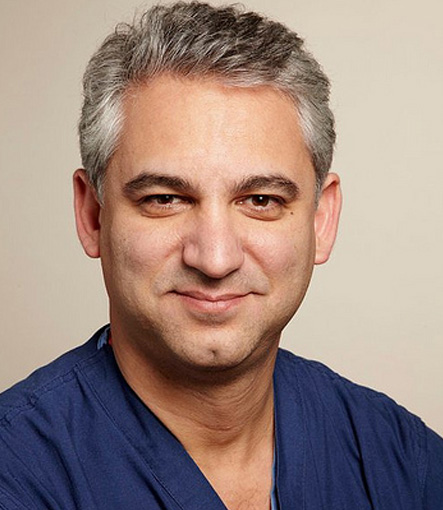Study Suggests Improved Method For Pinpointing If Prostate Cancer Will Return – Dr. David Samadi Investigates
NEW YORK, NY (PRWEB) JANUARY 18, 2017
Researchers from a new study are stating that if levels of the blood test called prostate specific antigen (PSA) do not fall low enough after prostate cancer treatment, this indicates there is still remaining prostate cancer cells that are more likely to come back, spreading and increasing a man’s risk of mortality.
“The PSA test has always been an indicator of whether a man’s prostate cancer is growing or not,” stated Dr. Samadi. “PSA tests help us determine a man’s risk as this test looks for the protein made only by prostate cells. When PSA levels rise, this suggests that the prostate cells are growing which could be due to cancer but sometimes if could mean benign prostatic hyperplasia which is a harmless enlargement of the prostate common as a man ages.”
The research was conducted by a Harvard University team whose aim was to discover a more precise method of being able to tell which men are more likely to still have prostate cancer cells after prostate cancer treatment and who had the more dangerous type of cancer likely to increase morality.
The study enrolled 157 men who had prostate cancer and who had been previously randomized to receive radiation therapy or radiation and 6 months of androgen deprivation therapy. The men being treated for prostate cancer were followed for 16 years. By the end of the length of the study, 70 percent of the men had died.
“These men were followed closely during the course of the study,” said Dr. Samadi. “For the first two years, the men were seen in follow-up visits every three months, than the next three years they were seen every six months and every year thereafter. They were being watched but the researchers wanted to see if they could find a better way to know more precisely if a man still had prostate cancer cells and the aggressiveness of it.”
What the researchers found to be the main determinant of a man’s mortality was how low their PSA level dropped.
What they discovered was if the PSA level did not go below 0.5 ng/mL after cancer treatment, there was a greater likelihood of the cancer returning. This information indicates to a physician that the treatments did not kill off all of the prostate cancer cells and there were some still remaining. The researchers also pointed out that their findings should also be applicable to men who had their prostates removed surgically.
“This research tells me that the PSA number is a vital tool in determining if cancer still remains even after prostate cancer treatment,” exclaimed Dr. Samadi. “It basically is telling me as a physician did the cancer treatment work or not. It means we need to keep a close eye on a man’s PSA and even if it does drop but it doesn’t go below 0.5, then I need to act on it right away instead of waiting to see if the PSA number will go back up higher.”
Dr Samadi went on to add, “The takeaway from this study is not to wait until a man has symptoms again of prostate cancer returning before treating him. By then it could be too late particularly if the cancer has metastasized beyond the prostate. A PSA that does not drop below 0.5 is telling us the cancer is still there and it is best to treat him right away. One way we can do this is to provide the opportunity for a man to be in a clinical trial if his PSA does not fall below 0.5. When we do this, it should hopefully increase his chance of survival and of extending his life.”
Patients newly diagnosed with prostate cancer can contact world renowned prostate cancer surgeon and urologic oncologist Dr. David Samadi at 212-365-5000 for a free phone consultation. To learn more about prostate cancer, visit ProstateCancer911.com.






